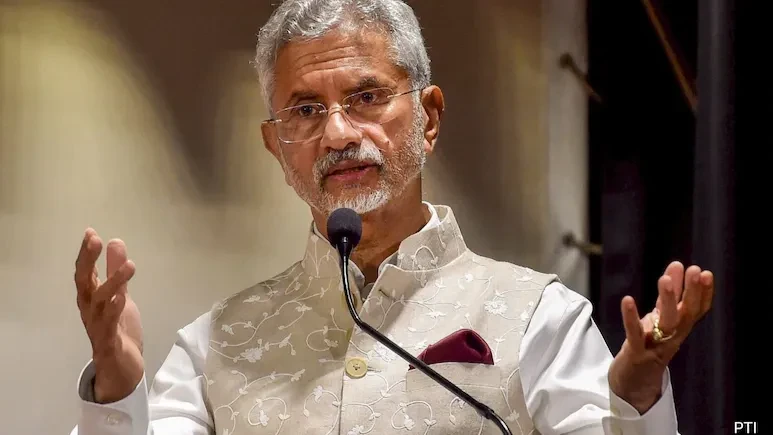Treasury, BoT drawing up key financial needs services centre

EVERY ministry and public agencies must begin implementing their development projects through the public-private partnership (PPP) model so that current financial mobilisation ambitions of the government can be realized.
David Kafulila, executive director for the Public-Private Partnership Centre (PPPC) housed in the Treasury, said over the weekend that plans to set up an international financial services centre being worked upon by the Tanzania National Business Council (TNBC) and the Bank of Tanzania (BoT) need this change of outlook to succeed.
This initiative would boost investor confidence as invested funds would be well-managed under the oversight of government mechanisms, he said, asserting that to reach a trillion-dollar economy, Tanzania must move beyond dependence on loans and taxes.
Only 19 countries globally have reached financial service centre milestones and now Tanzania is working to join that league, he said, underlining that achieving this vision would require wide-ranging regulatory, policy and legal reforms.
This needs to go along with greater use of technology and a transformative national mindset, he stated, underlining that the private sector often possesses more advanced technology than government agencies.
Dr. Godwill Wanga, the TNBC executive secretary profiled this initiative at a briefing on the second working session of its finance working group, noting that TNBC is in the groundwork to set up such a centre.
Designed with a view to attracting substantial domestic and foreign investments, it is likely to help attract significant capital investment into large-scale projects thereby accelerating economic development, he said.
A wide range of service providers stand to benefit from such initiative, like financial institutions, transport operators and businesses in the broader investment ecosystem, he explained.
“Banks, capital markets, airlines, bus companies and even food vendors will become part of a thriving value chain that will emerge around this investment hub,” he asserted.
Sauda Msemo, the Bank of Tanzania deputy governor, underscored the importance of having the centre to help facilitate government ambitions to transform Tanzania into a $1trn economy by 2050.
“With sufficient capital in the centre, we can attract high-value investments from local and global sources, fast tracking major national projects that require intensive funding,” she said.
Increased foreign investment would enable the promotion of Tanzanian products abroad, helping to alleviate foreign exchange shortages and bolster the country’s capacity to import necessary goods, he stated.
.Vincent Minja, president of the Tanzania Chamber of Commerce, Industry and Agriculture (TCCIA), similarly endorsed the proposal, acknowledging that stakeholders have positively received the plan to establish an international financial services centre.
“We are optimistic that it will gain swift approval from top-level decision-makers so that implementation can begin without delay,” he said, while those attending saw the planned IFSC as a pivotal move to position Tanzania as a regional financial hub. It is aligned with the nation’s broader strategy for industrialization, investment promotion and inclusive economic growth, officials noted.
Top Headlines
© 2025 IPPMEDIA.COM. ALL RIGHTS RESERVED






















